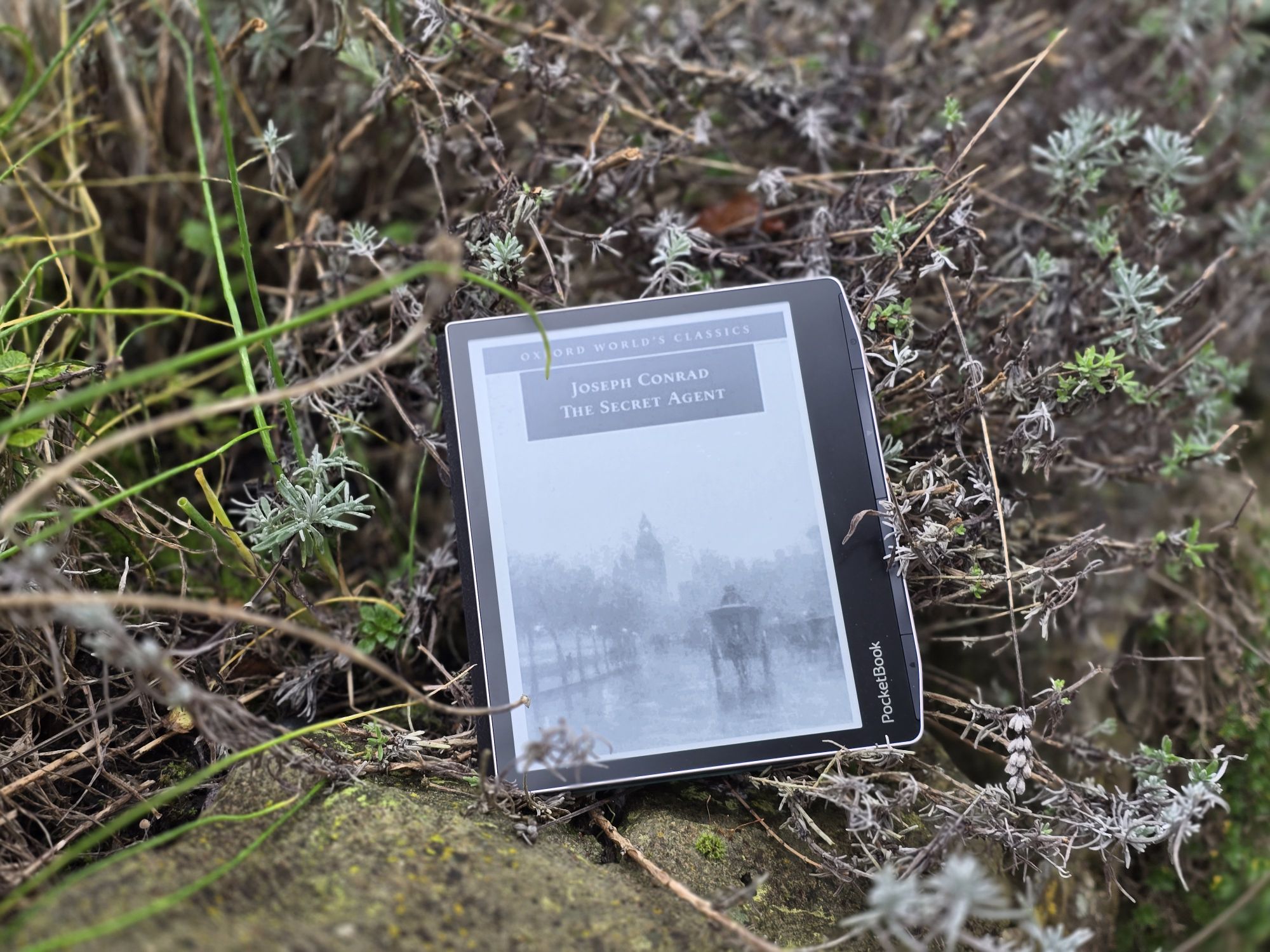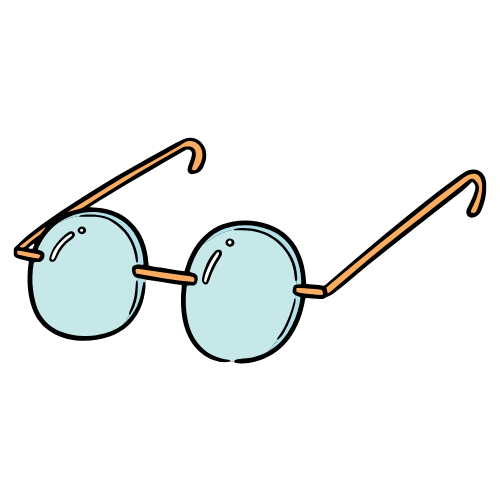Joseph Conrad is most famous (or infamous?) for his 1899 novella Heart of Darkness. That was certainly not a happy story to read, nor was his spy novel, The Secret Agent, published in 1907. Both works deal with the dark side of human nature yet have different points of focus. Heart of Darkness takes a sinister, almost supernatural turn in its look at the relationship between colonists and the native population, while The Secret Agent aims its focus much closer to home. On the surface, the novel tells the story of a failed bombing at the Greenwich Royal Observatory. Who attempted it, why, who is pulling the strings. But in its depths, the book reveals that nothing creates wider ripples than the personal lives and personal choices of the small pawns in this political game.
the goings on of the secret agent
Joseph Conrad subtitled his novel “a simple tale” yet the story is anything but. After having read the book and looking back both at its title, and at its subtitle, I can’t help but bitterly smile at the irony of both. The story begins by throwing us into the murky world of governmental politics of late 19th-century London. Adolf Verloc, the secret agent of the title, is juggling his apparent job as a seller of pornographic material with undercover assignments for a foreign embassy. At the start of the novel, his new mission is to stage a bombing that would supposedly cause the population of London to wake up from its lethargy. But both Mr. Vladimir, the foreign official in charge of the attack and the Assistant Commissioner, the government official in charge of the investigation, have their own games to play. The novel paints a darkly ironic picture of political activism, with anarchists who can’t agree on anything, manipulative diplomats, and a protagonist whose murky family life stands in the middle of the political drama.
Mr. Verloc’s home life is even more complicated. His marriage to Winnie is less about love and more about convenience – she wants stability for herself and her mentally and emotionally fragile brother, Stevie, while allowing Verloc to enjoy the façade of respectability. But this fragile balance, together with Winnie’s submission, starts to crumble when Stevie gets caught up in Verloc’s bombing plot. The fate of the Verloc family shows how personal lives are both the trigger for, and the collateral damage of, larger political games.
london, city and metaphor
It doesn’t take much reading into the book to realize what a huge role London plays. The city isn’t just a backdrop for the story, but an integrating part part of it. Verloc’s shop is located in Soho, on Brett Street, a rather poor neighbourhood of narrow streets, dimly lit shops and seedy meeting places. As Verloc leaves his home and starts walking towards the foreign embassy, we see a London that doesn’t pay much mind to the schemes and plans of its inhabitants, a dark and muddy metropolis where political plots unfold, but so do quiet dramas and unseen personal pains.
Carriages went bowling by, mostly two-horse broughams, with here and there a victoria with the skin of some wild beast inside and a woman’s face and hat emerging above the folded hood. And a peculiarly London sun – against which nothing could be said except that it looked bloodshot – glorified all this by its stare.
The gloomy image of the city counterbalances the gloominess of its characters. We can barely speak of happiness here. High-placed officials like the Assistant Commissioner are more preoccupied with what advantages they can gain from their political opponents when their plots unravel, while a small, by comparison insignificant, woman like Winnie Verloc struggles to offer a good life to her brother. The only happiness Winnie ever knew was during her early days of romance with a young butcher, whom she had to give up in order to marry Verloc, a man of means and money. Now a grown woman, Winnie lives her life under the “bloodshot” London sun and in the “glorified stare” of her own past, which she willfully sacrificed.
winnie verloc’s story
I’m not one for political plots, and The Secret Agent didn’t really speak to me at the beginning. Some paragraphs still don’t speak to me now. But the story really came to life when Winnie started being more present. She makes an early appearance at the very beginning of the book, when she takes by surprise a young man who intends to buy pornographic material, but, intimidated by Winnie, he just ends up buying ink: “Winnie Verloc was a young woman with a full bust, in a tight bodice and with broad hips. Her hair was very tidy. She preserved an air of unfathomable indifference”. Winnie’s marriage isn’t about passion or dreams—it’s a calculated choice for stability after years of struggling to protect Stevie from their harsh upbringing. She keeps her emotions tightly bottled, yet beneath her calm exterior, there lies a latent strength and a sense of loyalty to her brother.
She did not see any alternative between screaming and silence, and instinctively she chose the silence. Winnie Verloc was temperamentally a silent person. And there was the paralysing atrocity of the thought which occupied her. Her cheeks were blanched, her lips ashy, her immobility amazing.
In his ‘Author’s Note’ Joseph Conrad describes his novel as “Winnie Verloc’s story”. Winnie is the hidden center of everything. While the plot may seem dominated by political intrigue, it’s Winnie’s quiet presence and ultimate transformation that give the novel its emotional weight. What Verloc does, knowingly or not, ripples through her world, and when his actions shatter her carefully constructed world, the story turns sharply to focus on her response. Winnie’s quiet endurance, her breaking point, and her final desperate act are what stayed with me after finishing the book.
This post was inspired by the Literature Cambridge 2024 course on London in Literature. The ideas explored here are indebted to Dr Angela Harris’s insightful lecture on the lives of the quiet poor in The Secret Agent.






your thoughts?